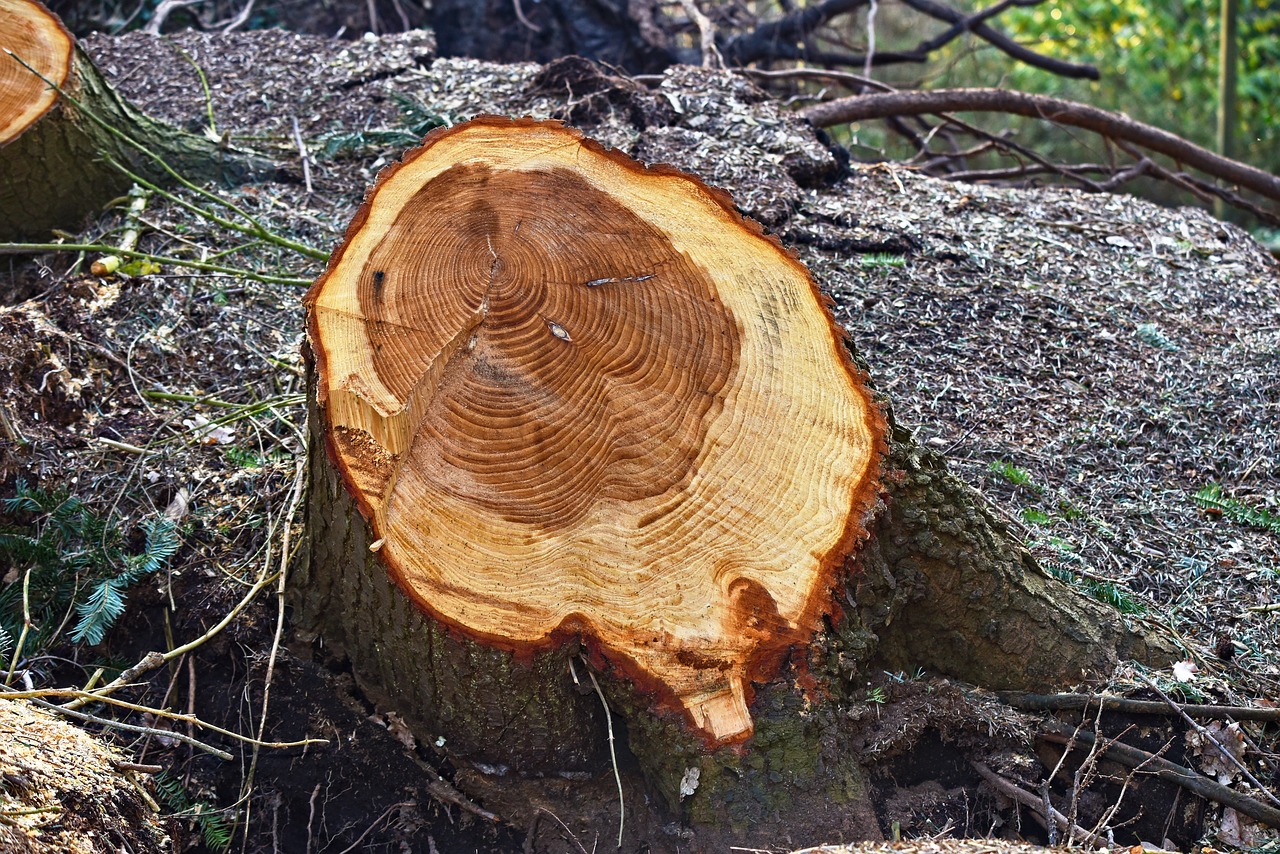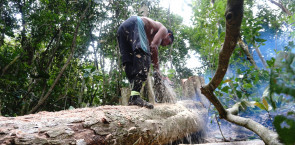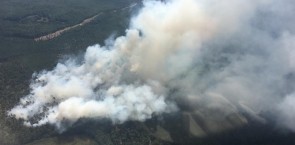
On 3 April 2018, FSC approved new risk assessments for Austria, Georgia, Germany, Guatemala, Italy, South Africa, and Switzerland.
FSC risk assessments determine the risk of sourcing unacceptable material according to the five controlled wood categories. Organisations will need to use the assessments for sourcing controlled wood following the standard FSC-STD-40-005 Requirements for Sourcing FSC Controlled Wood.
As per requirement 3.2 of the standard, organisations are required to adapt their due diligence systems to use the risk assessments within six months of the approval date, i.e. by 2 October 2018, unless an extension is justified and approved by the certification body.
The risk assessments for Austria, Germany, South Africa, and Switzerland each conclude low risk for all risk assessment indicators. If you are sourcing controlled wood from these countries:
- You must ensure that there is no risk of mixing with ineligible material, e.g. that comes from non-low risk countries, in your supply chains.
- But otherwise, you do not need to implement any additional measures to ensure that the material is acceptable according to FSC's requirements and to use it as controlled wood.
The risk assessments for Georgia, Guatemala, and Italy each conclude specified risk for various risk assessment indicators. If you are intending to source controlled wood from these countries, you must implement control measures to mitigate all identified risks:
- You would need to identify the origin of the material being sourced to a detailed level, e.g. the forest management unit, and cooperate with your suppliers to implement control measures and verify their effectiveness.
- You must also ensure that there is no risk of mixing with ineligible material, e.g. that comes from forest within the country where risk has not been mitigated, in your supply chains.
These, and all other approved risk assessments, can be downloaded from the FSC Document Centre. FSC also provides an assessment timetable that includes information on the progress of risk assessments still under development.






